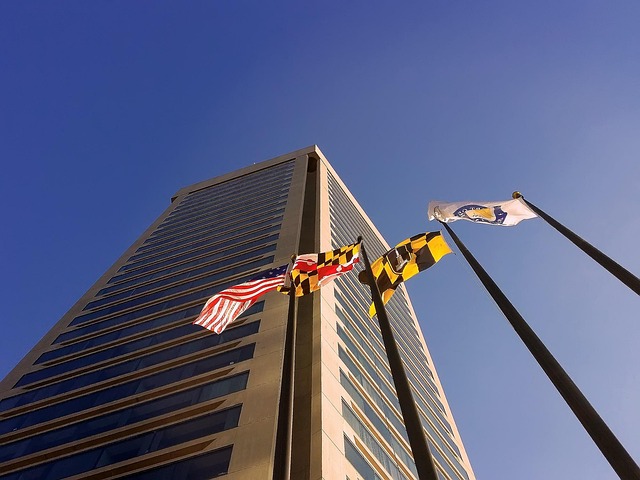Child abuse in Baltimore, MD, demands immediate attention. Recognize signs like behavioral changes or unexplained injuries and report suspected cases through the Child Abuse Hotline (1-800-422-4453). A child abuse lawyer in Baltimore MD provides vital guidance during the reporting process, ensuring the safety of vulnerable children. These lawyers offer strategic legal support, simplify complex procedures, and advocate for justice under Maryland's child protection laws.
“In Baltimore, MD, addressing child abuse is paramount for community safety. This comprehensive guide equips readers with essential knowledge on recognizing and reporting child abuse, highlighting legal obligations under Maryland law. We explore the reporting process step-by-step, emphasizing the critical role of a child abuse lawyer in representing victims and navigating legal proceedings. If you suspect child abuse or neglect, understand your responsibilities and take action to protect our city’s youngest residents.”
Understanding Child Abuse: Recognizing Signs and Legal Obligations in Baltimore, MD
Child abuse is any act or omission by a caregiver that causes harm, including physical, emotional, or sexual abuse, as well as neglect. Recognizing signs of child abuse is crucial in ensuring the safety and well-being of children. In Baltimore, MD, it’s important to be vigilant and understand the legal obligations when suspecting child abuse. A child abuse lawyer in Baltimore MD can guide you through the complex reporting process and help protect vulnerable children.
Signs of child abuse may include unusual behavior changes, such as aggression or withdrawal, unexplained injuries, fear of certain people or places, and poor personal hygiene. If you suspect a child is being abused, it’s your legal obligation to report it. In Maryland, the Child Abuse Hotline number is 1-800-422-4453. This information is critical for authorities to intervene and provide necessary support to affected children.
The Reporting Process: Steps to Take if You Suspect Child Abuse or Neglect
If you suspect a child is experiencing or has experienced abuse or neglect in Baltimore, Maryland, taking action promptly can make a significant difference in ensuring their safety and well-being. The reporting process begins with recognizing the signs of potential harm and understanding that anyone can report such instances, regardless of their relationship to the child.
The steps involve contacting the appropriate local authority, which in Baltimore is typically the Department of Social Services (DSS). You can reach out to them via phone or in person, providing detailed information about the situation, including the child’s location, age, and any observed injuries or unusual behaviors. A child abuse lawyer in Baltimore MD can guide you through this process, ensuring your report is accurate and comprehensive. After the initial report, the DSS will investigate and determine the best course of action to protect the child.
Your Role as a Lawyer: Representing Victims and Navigating Legal Proceedings in Baltimore, MD
In Baltimore, MD, a child abuse lawyer plays a crucial role in advocating for victims and navigating complex legal proceedings. When a client reaches out with concerns about potential child abuse, the lawyer’s duty is to provide immediate support and guidance. They must listen attentively, gather essential details, and ensure the safety of the child remains paramount. This initial step involves discreetly evaluating the situation and determining the best course of legal action.
Representing victims of child abuse requires a deep understanding of both the legal system and the emotional toll such cases can take. Lawyers must be adept at translating legal jargon for their clients, ensuring they are well-informed about their rights and options. During legal proceedings, they navigate a series of steps, from filing reports with relevant authorities to representing the victim in court. The ultimate goal is to secure justice, compensate for any harm, and prevent further abuse by holding perpetrators accountable under Maryland’s child protection laws.






